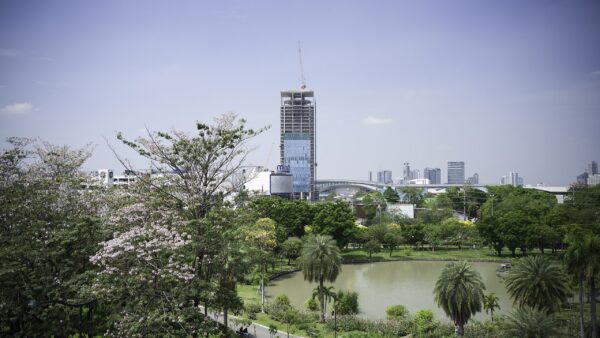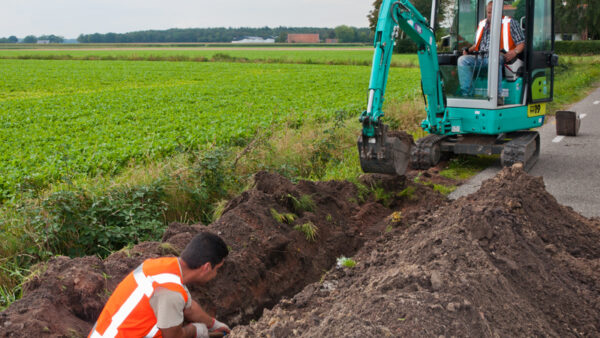
Angola’s transport ministry has chosen a consortium led by Singaporean commodity trader Trafigura and Portuguese contractor Mota-Engil to build a railway to the Democratic Republic of Congo (DRC) in return for a 30-year concession.
The bid was chosen over a rival offer from Chinese conglomerate CITIC and the China Railway 20 Bureau Group.
The aim of the project is to connect the mineral wealth of the DRC with the Angolan port of Lobito, about 500km south of Luanda, Angola’s capital.
Trafigura and Mota-Engil each own a 49.5% share in the concession, which could be extended by 20 years if they decide to build a branch line to Zambia. A Belgian rail developer called Vecturis, which has a long track-record of international projects, will have the remaining 1%.
A press release from the ministry said the terms of the $100m concession would allow the Angolan state to collect more than $2bn in revenue over its lifetime. It added that the consortium would invest $256m in infrastructure and $73m in rolling stock.
It added that the corridor had a total length of 1,870km, of which 1,340km were in Angola.
Trafigura said in a press statement that the consortium was grateful for the transparent public tender process that the ministry’s Commission of Evaluation ran, which “recognised the significant strengths and experience that the consortium brings to the concession”. It said the Lobito Corridor could become the third most important logistical route in the Southern African Development Community region by 2050.
The consortium will be responsible for the operation, management and maintenance of the rail link, which will transport minerals, liquids and gas to Lobito from the Angolan town of Luau, which is close to the border with the DRC.
Currently copper, cobalt and other minerals are exported from the DRC east via Dar es Salaam in Tanzania, Beira in Mozambique, or south to Durban in South Africa, a journey that takes several weeks or more.
Trafigura notes that as export volumes have increased to meet the demand for minerals needed for the energy transition – cobalt is needed for lithium-ion batteries – roads out of the DRC have become more congested and delays at the border more protracted. A rail route would remove trucks from the roads and offer “considerable cost and time savings for miners in the Copperbelt”.
The Lobito Corridor tender was launched in September, following the expenditure of some $2bn by the Angolan government to rehabilitate and modernise the corridor’s existing infrastructure.
Further reading:










